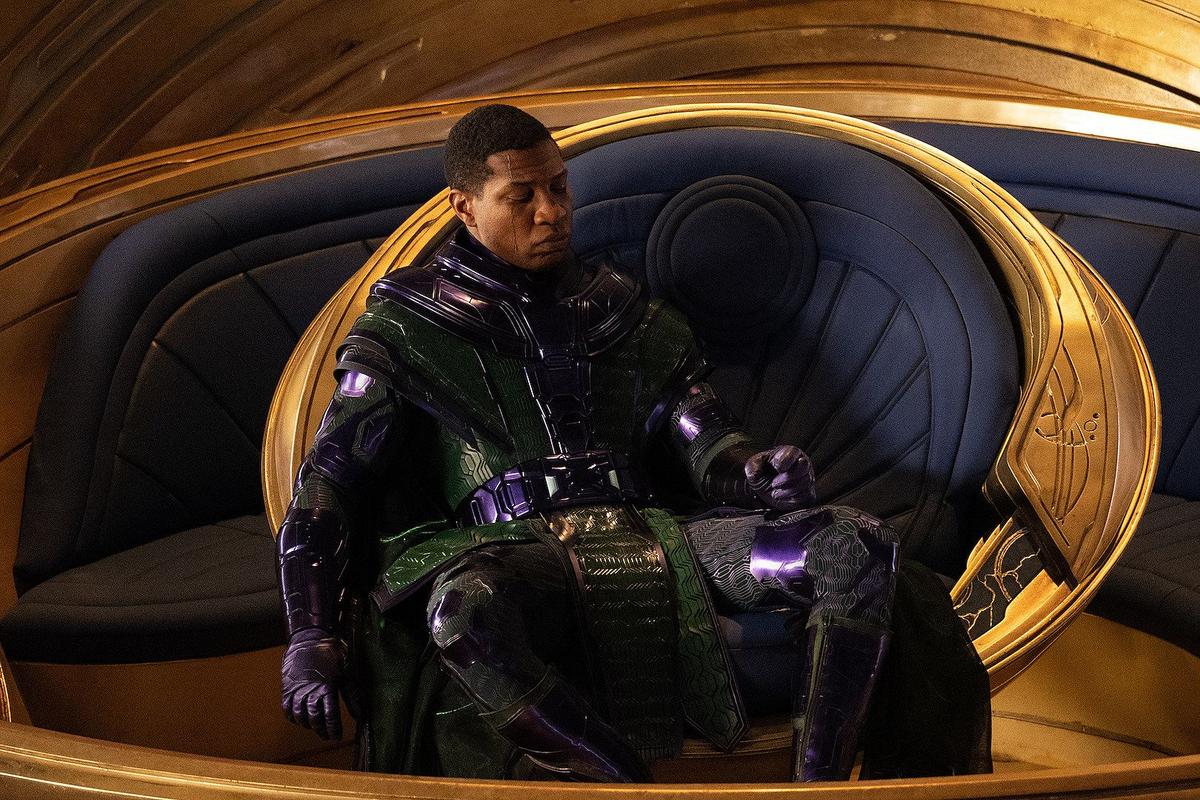Chinese director Guan Hu’s visually stunning new feature, Black Dog, starts off with a familiar premise: After spending a decade behind bars, an ex-con named Lang (Eddie Peng) returns to his tiny native city in Northwest China on the outskirts of the Gobi Desert. He tries to integrate into regular life, but certain demons from his past come back to haunt him.
If this sounds like any number of throwaway B-movies, or like the plot of the recent Sylvester Stallone series Tulsa King, be advised that Black Dog is not that kind of thing at all. First off, it’s unclear who, exactly, the title is referring to. Is it the film’s total outcast of a protagonist, who barely utters a full sentence to anyone — including his own father — as he attempts to settle into a place that doesn’t want him? Or is it the stray black greyhound he meets in town, with whom he winds up forming a special bond?
Black Dog
The Bottom Line
Not your average pup.
Venue: Cannes Film Festival (Un Certain Regard)Cast: Eddie Peng, Tong Liya, Jia Zhang-ke, Zhang Yi, Zhou YouDirector: Guan HuScreenwriters: Guan Hu, Ge Rui, Wu Bing
1 hour 46 minutes
Black Dog isn’t really a man’s-best-friend movie either, even if the relationship between Lang and his rabid mutt forms the crux of the plot. Set against a backdrop of urban blight and canine chaos, Guan’s highly original, deadpan thriller begins with a jarring sequence of dogs causing a bus to flip over on a desert road, only to get weirder and wilder from there. But at its heart, the film is really a classic story of redemption, taking lots of unexpected turns as it follows a down-and-out hero toward recovery.
The director’s previous efforts, including big-budget action flicks like Mr. Six and The Eight Hundred, are a far cry from the oddball tone and arthouse stylistics of Black Dog, which sits somewhere between the Coens’ No Country For Old Men and recent Chinese noirs like Diao Yinan’s The Wild Goose Lake. There’s some violence, but never of a particularly graphic kind, and there’s definitely some cruelty to animals. But the film is mostly about a very strange time and place, where men and dogs seem to be forever chasing each other around a desolate city on the verge of state-sponsored demolition.
Set in 2008 during the months leading up to the Beijing Summer Olympics, the story picks up Lang — lanky, brooding and with a shaved head — after he survives the opening bus crash and wanders into town to take up residence in his childhood home. We learn that his father has moved out and lives at the local zoo, while a mob boss named Butcher Hu (played by Chinese auteur Jia Zhang-ke) is seeking revenge for the crime that put Lang in jail for a decade, details of which are divulged much later.
The only true companion Lang makes upon his return is a mangy greyhound he runs into by one of the city’s many abandoned buildings, which is set to be destroyed in a massive urbanization plan that’s left much of the area populated by packs of stray pups. Guan makes sure to include a canine or two in nearly every shot of his movie, whether they’re silently watching the action from afar, strolling in the background, rushing through empty streets, or, in one standout stunt scene, crashing through a window.
Cinematographer Gao Weizhe’s superb widescreen images, bathed in dust and washed-out colors, constantly place Lang and his canine pal (who is never given a real name) within the vast uninhabited cityscapes and surrounding desert. With sand constantly blowing in from all sides, dogs running amok and other animals (serpents, tigers, monkeys) wandering about, it’s as if nature is taking its revenge on the forgotten town while the rest of China prepares to triumph when the Summer Olympics kick off in August.
Lang eventually reconnects with his father and manages to deal with Butcher Hu — an actual butcher who specializes in the local delicacy of snake meat — but more importantly, he winds up taking the black dog under his wing and nursing her back to health. Initially, it’s because Lang fears the greyhound gave him rabies, but their story gradually transforms into one of love at first bite. Man and hound not only get to know each other, but they start helping each other out in special ways that improve both of their lives.
Hollywood seems to put out a new mainstream dog flick every few months — the latest example being the Mark Wahlberg starrer, Arthur the King — but there’s also a subgenre of international films that treat canines with more depth and artistry. Guan’s strange and seductive new work belongs to the latter pack, joining other movies that have premiered in Cannes over the past decade, such as last year’s Palme d’Or and Oscar winner Anatomy of a Fall, where dogs become a pivotal feature of the plot.
While Black Dog didn’t walk away with Cannes’ cheeky Palme Dog prize for films of that category (it went to French actress-director Laetitia Dosch’s Dog on Trial), it did scoop up a well-deserved Prix Un Certain Regard — no small feat in a sidebar that many believed outshined this year’s main competition. This should give Guan’s latest some traction beyond China, where he has already proved his bona fides as a major commercial filmmaker (The Eight Hundred grossed a whopping $460 million), and now proves he’s capable of making something both out-of-the-box and oddly captivating.







